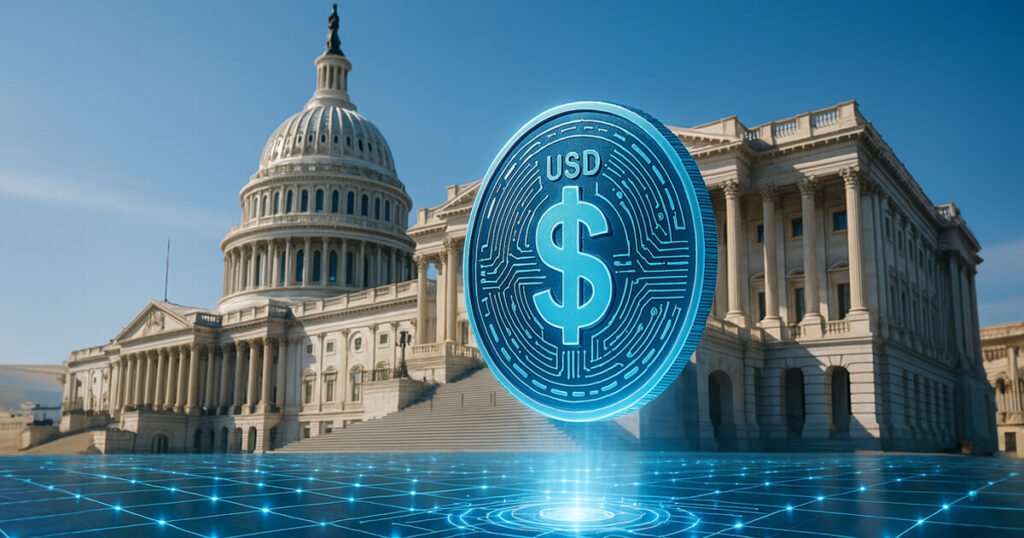US lawmakers are making progress towards defining a national regulatory framework for stablecoins, with the approval of the STABLE Act of 2025 (H.R. 2392) by the House Financial Services Committee. The bill outlines regulatory standards for dollar-pegged stablecoins and aims to establish clear rules for issuing and managing them. It includes reserve requirements and anti-money laundering measures to protect consumers while promoting responsible innovation in the financial sector.
Proponents of the STABLE Act believe that it provides much-needed clarity for stablecoin issuers, reducing regulatory uncertainty and strengthening the US’s position in the digital asset space. However, the bill has faced criticism from some Democratic lawmakers, who raised concerns about potential conflicts of interest. Amendments to block government officials, including the president, from holding financial interests in stablecoin-related ventures were proposed but not adopted.
Representative Maxine Waters, the committee’s ranking Democrat, criticized the bill, claiming it could benefit President Donald Trump and his family. She warned that the legislation could lead to self-enrichment at the expense of others. Other Democratic lawmakers, including Nydia Velazquez and Sylvia Garcia, echoed these concerns, highlighting ongoing conflicts of interest tied to the Trump administration’s connections to the crypto industry.
Despite the criticism, Republican Committee Chair French Hill defended the STABLE Act, emphasizing the importance of encouraging innovation and maintaining US leadership in global finance. He stated that digital asset policies should prioritize competition and private sector development. The bill’s advancement signals progress towards establishing a national regulatory framework for stablecoins, with potential implications for the broader digital asset industry.

















